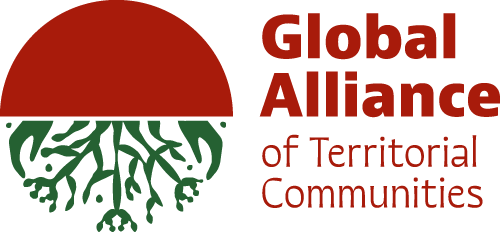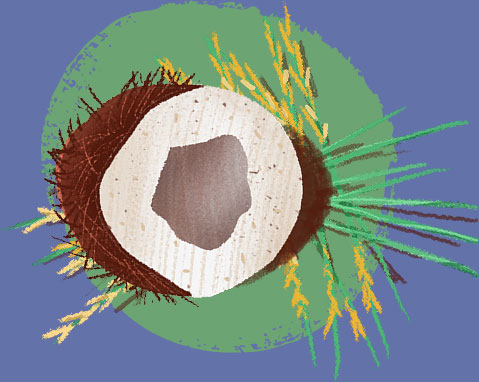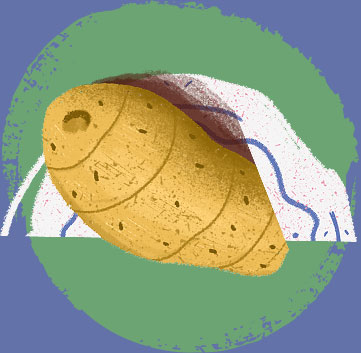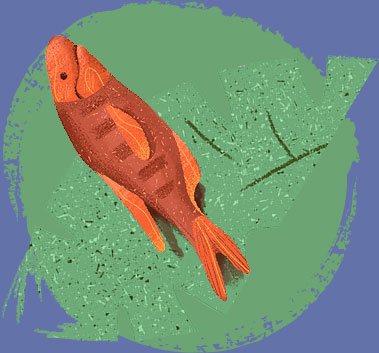Humanity Faces a Triple Planetary Crisis — Climate Change, Biodiversity Loss, and Land Degradation
Amid this, we as Indigenous Peoples and Local Communities (IPs and LCs) protect the world’s tropical forests — vital ecosystems that store half of Earth’s forest carbon and sustain life itself. Yet, despite caring for much of the planet’s land, many of our territories are under threat from industrial expansion, even in the name of “clean energy.” This platform shares insights from a global study by the Global Alliance of Territorial Communities (GATC), spanning the Amazon Basin, Brazil, Mesoamerica, the Congo Basin, and Indonesia.
Together, we call for a new path: From recognition to direct investment. From exclusion to participation. From imposed solutions to community-led action.
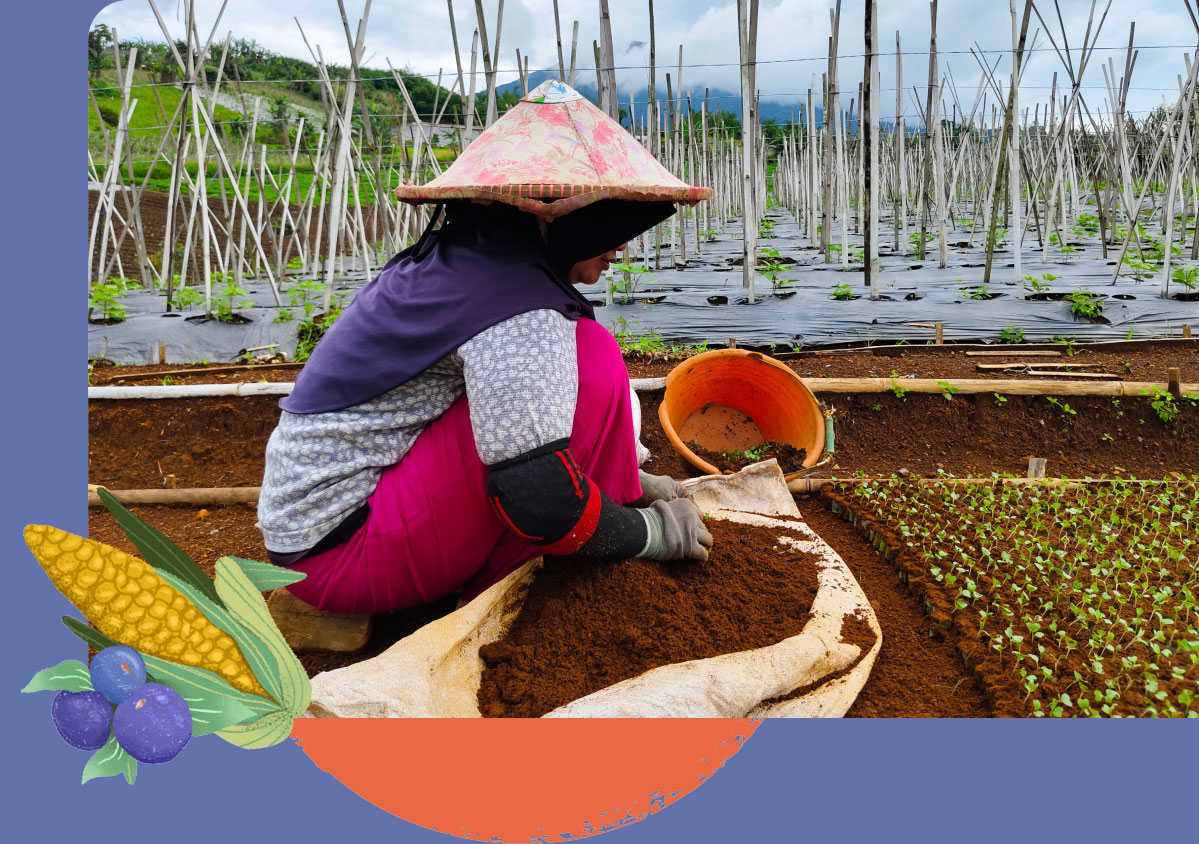
From Recognition to Investment: The Role of Indigenous Peoples and Local Food Systems in the Climate Agenda
This paper distills global evidence showing how our traditional food systems are key to addressing the triple planetary crisis — and presents concrete policy recommendations for COP30 and beyond.
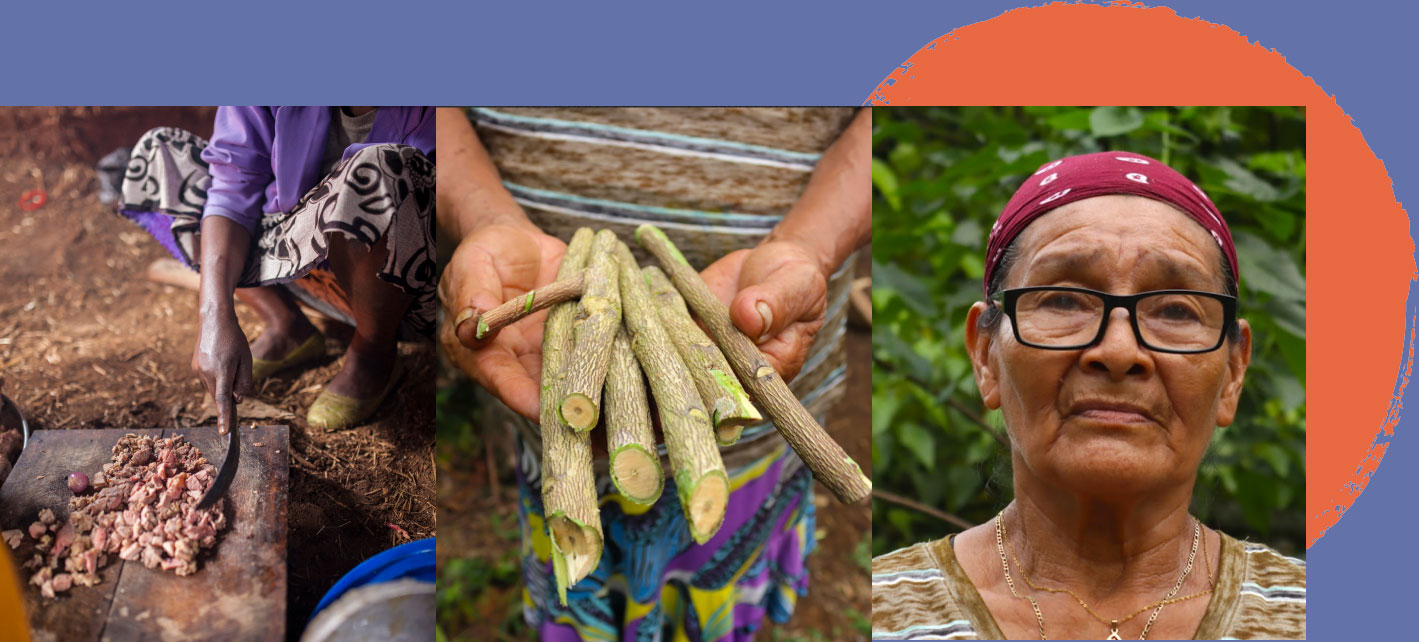
Elevate Governance Frameworks and Traditional Knowledge
Recognize IPs and LCs as legitimate environmental authorities. Formalize and strengthen their traditional governance systems within international climate frameworks — including agreements on climate, biodiversity, and restoration. Harmonize internal and external regulations and invest in community capacity for sustainable, autonomous, and culturally grounded territorial management.
Link Direct Financing to Indigenous and Local Women and Youth
Apply a gender and intergenerational lens to direct financing. Move beyond traditional conservation funding toward mechanisms that allocate a specific share of funds to strengthen the economic and leadership agency of women and youth, ensuring that climate action is inclusive and equitable at its core.
Integrate Traditional Systems into Public Policy
Institutionalize traditional governance and food systems as foundational pillars of public policy and territorial planning. Recognize and protect ancestral forms of land use and organization, ensuring their principles guide environmental management and policy design, reinforce land rights, and grant formal recognition to Indigenous Peoples and local authorities.
Protect Environmental Defenders
Promote solidarity economies and safeguard traditional agri-food systems. Support the strengthening of local and regional value chains, intercultural markets, and urban–rural linkages to ensure fair prices, equitable exchanges, and access to healthy, culturally appropriate foods. Establish safeguards to prevent the misappropriation or decontextualized commercialization of traditional products.
Protect Environmental Defenders
Guarantee the safety and rights of environmental leaders from IPs and LCs. Implement legal protocols, early warning systems, and institutional support to prevent threats, violence, or criminalization. Urge States to ratify and implement frameworks such as the Escazú Agreement, ensuring access to information, public participation, and protection for those who defend the environment.
Ensure Full and Effective Participation in Global Negotiations
Secure the agency of IPs and LCs in international decision-making spaces. Elevate their representation and negotiating capacity within the Rio Conventions, guaranteeing full and effective participation at all levels in decisions that directly affect their territories and livelihoods.
Policy Recommendations for COP30
This is how we recommend recognizing the vital role of Indigenous Peoples and Local Communities (IPs and LCs) in advancing traditional food systems and forest practices that offer powerful, integrated solutions to the triple planetary crisis.
1Inherent Agroecology
Based on agroecological principles (polyculture, crop rotation, intercropping, nutrient cycles), with no use of agrochemicals.
2Agrobiodiversity Conservation
Integrated systems that combine animals, crops, and forests. They maintain and use a vast diversity of native seeds, local varieties, and wild species.
3Central Role of Women
Women are the guardians of seeds, ancestral knowledge, and the daily management of traditional food systems, ensuring food security.
4Intergenerational Knowledge Transmission
Youth play a key role in transmitting and adapting traditional knowledge, ensuring the continuity of practices across generations.
5Organization of Labor
Labor is organized around principles of reciprocity and solidarity — such as Minga, Mutirão, Mano Cambiada, Bewawi, and Beburuh practices.
6Management Based on Traditional Knowledge
They are guided by ancestral knowledge of natural cycles, climate, soils, and species behavior, as well as symbolic cultural processes such as ceremonies for sowing or harvesting, rituals for seed cleansing, spiritual protection, and understanding the lunar cycles.
7More-than-human relationships
There are horizontal relationships between humans, plants, animals, spirits, and the environment, recognizing the agency, rights, and significance of non-human forces in life and in territorial governance.
8Main Traditional Crops
Cassava in Brazil; Yuca, Tobacco, and Coca in the Amazon Basin; Maize in Mesoamerica; Rice cultivation in Indonesia.
9Food Sovereignty and Security
10Collaborative Forest Management
Integration of agroforestry practices that promote forest regeneration, the use of non-timber forest products, and ecological connectivity.
11Own and Solidarity-Based Economies
Encourage local exchange, value addition to forest products, and ethical marketing circuits. Intercultural markets are strengthened and created.
General Characteristics and Description of Traditional Food Systems and Forest Practices
This is how we recommend recognizing the vital role of our Indigenous Peoples and Local Communities (IPs and LCs) in advancing traditional food systems and forest practices that offer powerful, integrated solutions to the triple planetary crisis.
Case Studies
Territorial Evidence from Five Tropical Regions
Stories and data from Brazil, Indonesia, Mesoamerica, the Congo Basin, and the Amazon Basin show how community-led governance sustains biodiversity, strengthens food sovereignty, and ensures climate resilience.
We Are Living Solutions to the Climate, Biodiversity, and Food Crises
Our agro-food systems and forest practices carry the knowledge and action needed for a just, sustainable, and climate-resilient world. COP30 and beyond must be a turning point: from recognition to direct support, from consultation to co-governance, and from discourse to transformative action.
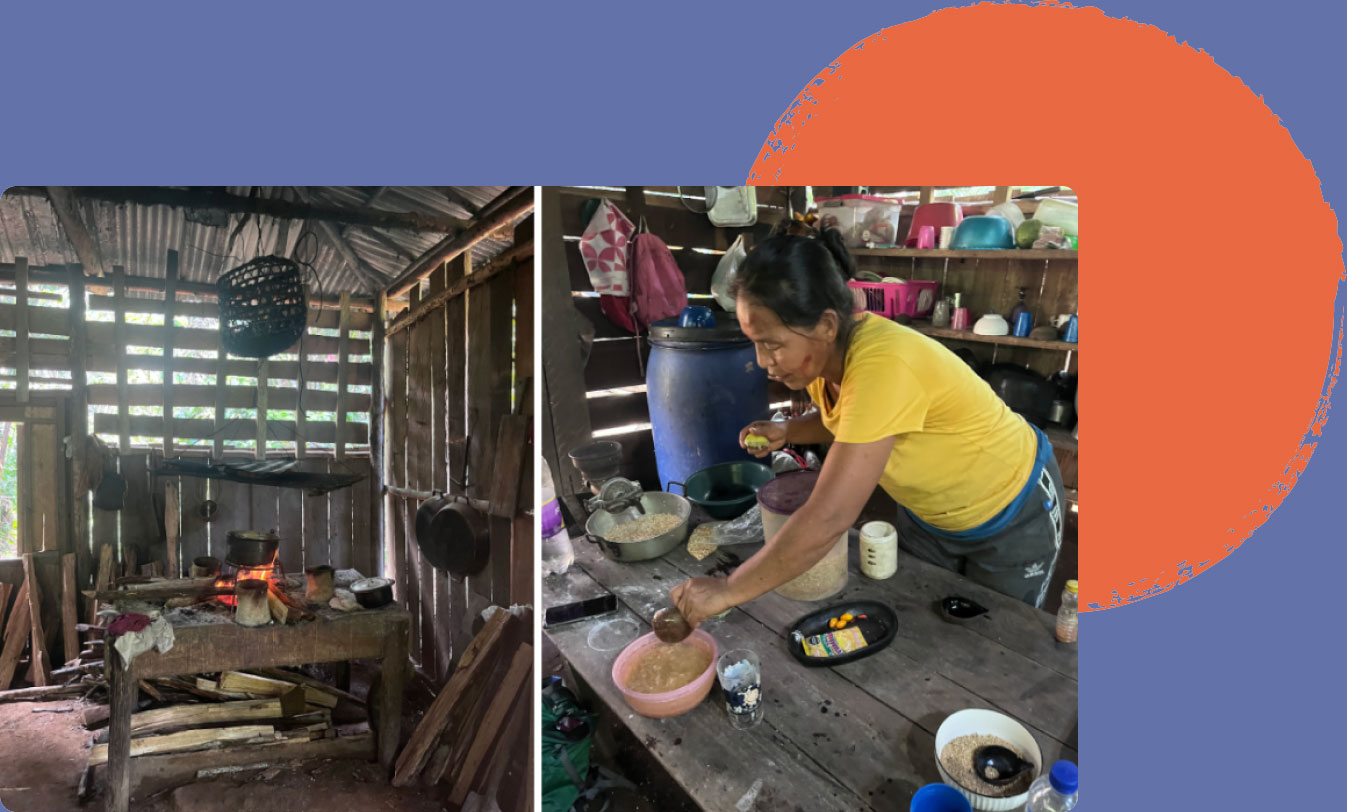
We call on States, multilateral organizations, climate funds, and civil society to:

Recognize and support our traditional agro-food and forest systems as solutions to the triple planetary crisis.
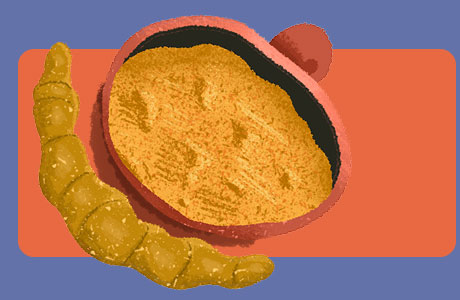
Provide direct, secure financing with a focus on women and youth.

Guarantee our full and effective participation in decision-making under the Rio Conventions.

Protect our environmental defenders as essential for climate action and peace with nature.
From the Amazon to Africa, Mesoamerica to Indonesia, our voice is a call to restore balance.
Follow us for updates from our Territories
To keep up with news from the Indigenous and Local Community guardians, sign up here.
Contact us
General inquiries:
email hidden; JavaScript is required
Press & media:
email hidden; JavaScript is required
Rainforest Foundations US is our fiscal sponsor. For any letters and parcels, please direct to:
Rainforest Foundation US
P.O. Box 26908
Brooklyn, NY 11202
